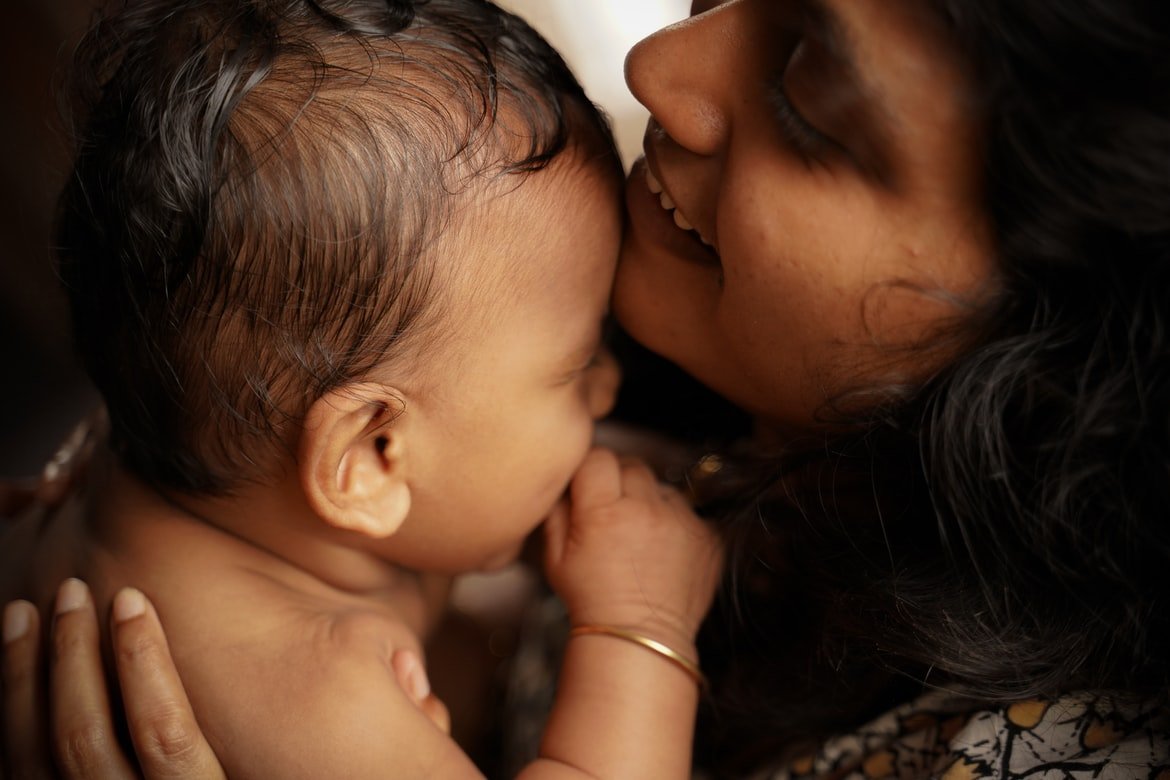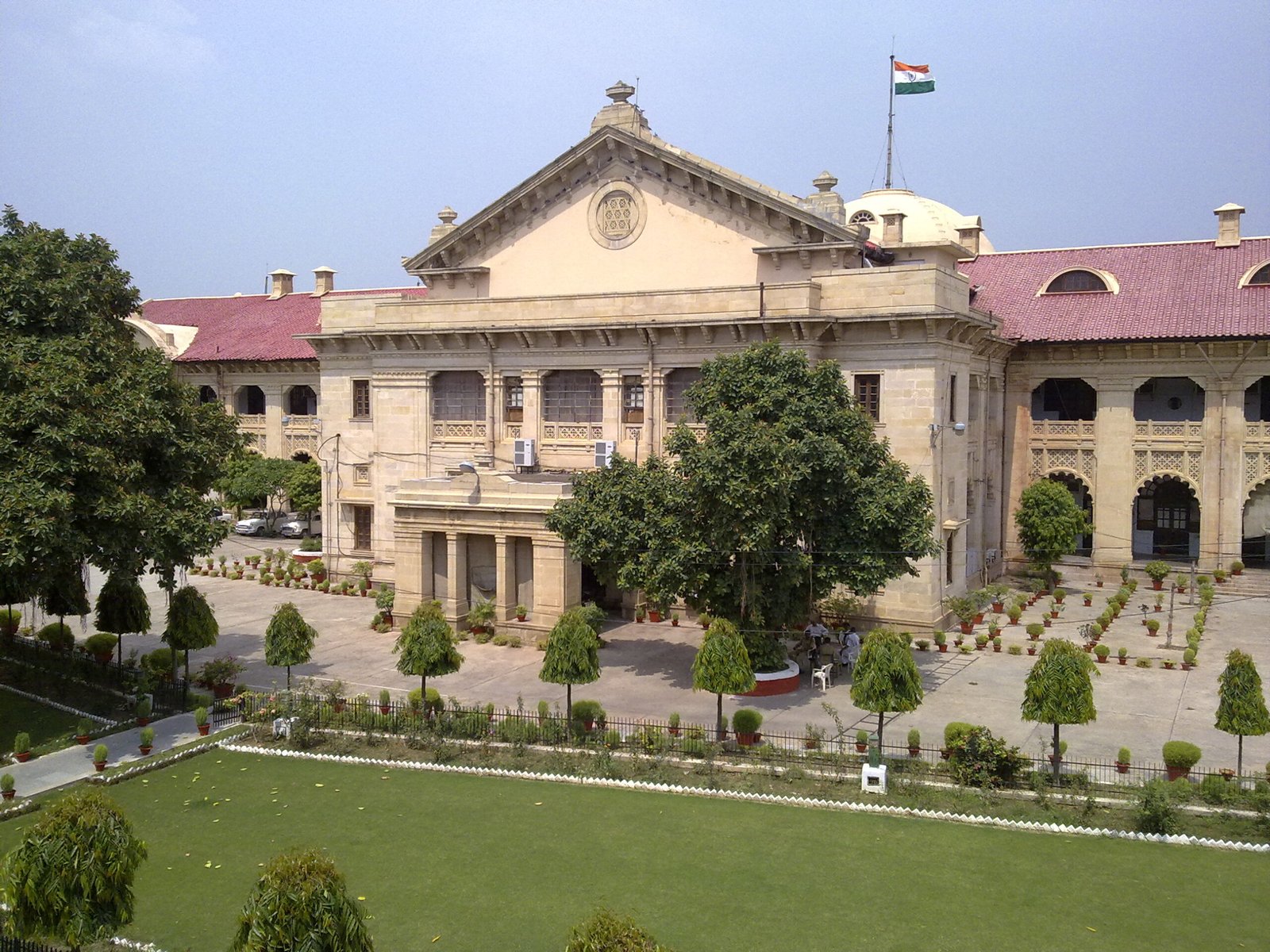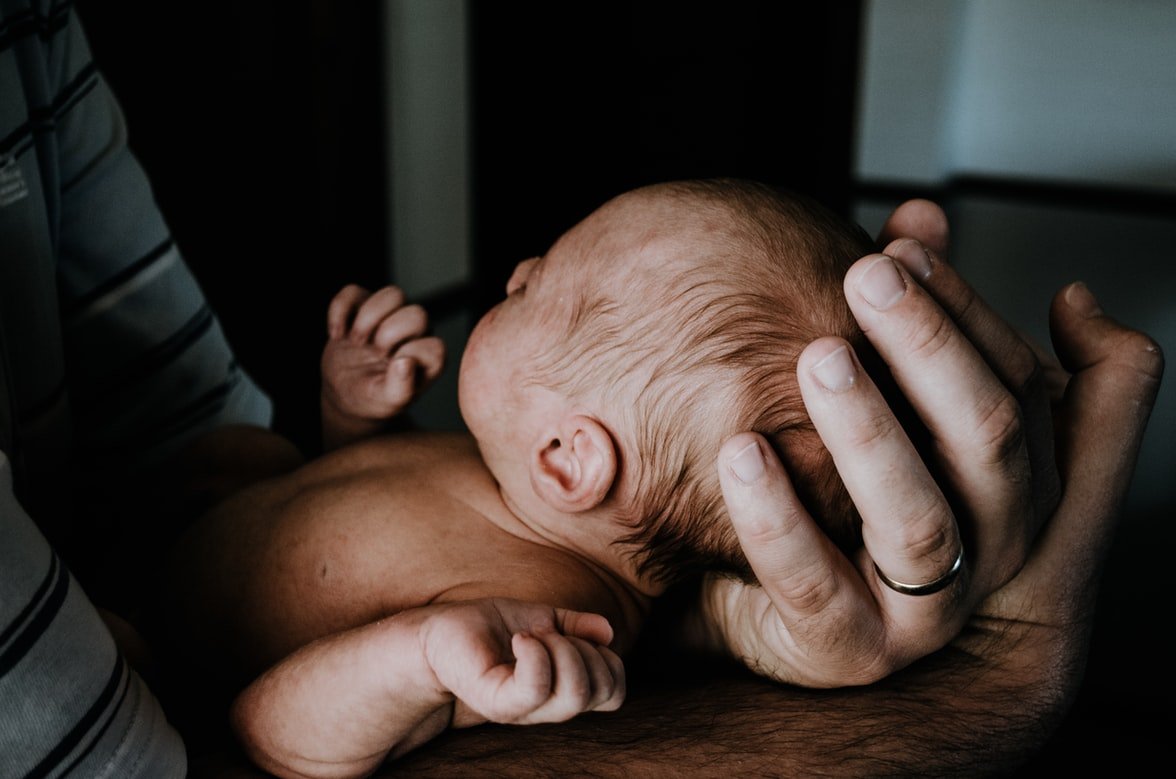The second wave of Covid-19 proved to be more devastating than the first one, claiming more than 4 million lives all over India. The death toll includes parents of minors, mostly in their 40’s and 50’s. Because many of these people haven’t anticipated untimely deaths, they weren’t much prepared for the future well. But the question that arises is what happens to their inheritance now? Or, what if the parents are divorced or the child is adopted? Here are the inheritance rights of such children:
Succession Rights for Minor children
According to the Indian Succession Act, 1956, and the Indian Succession (Amendment) Act, 2005, children, irrespective of gender, have the first right to their father’s ancestral property by birth. In the case of the self-acquired property of parents, they can give it to anyone they wish through a written will. However, if they die without a will or in between, the children being Class 1 heirs have the first right to their property. If the children are minors, they do own the property but cannot manage it legally. So a legal guardian or any other appointed by the court has to file a petition in the court to manage the property on behalf of the minor till they attain adulthood.
Children of Divorced Parents
If the parents are divorced, the children still have the legal rights to their parents’ property. In such cases, normal succession laws are followed as per one’s religion. Hence, children have legal rights over the ancestral property of their father, and for self-acquired property, the father can give it to anyone he wishes to via a written will. But if he dies intestate, the self-acquired property is passed on to his children as they are the Class 1 heir of the property.
The adopted children have the same rights as the biological children when talking about inheritance. So if the adoptive parent dies without a will, the adopted child can hold up the same claim as of biological child on property. However, according to the Hindu Adoptions and Maintenance Act, 1956, after adoption, the child loses the possession claim in the property of their biological parents or in the coparcenary property. The biological parent, however, can leave property to their name, if he wishes to do so.
Children of Live-in couples
India doesn’t bestow any legal stature to live-in relationships. It has no statutory acceptance under the Hindu Succession Act, Islamic Law or the Christian Personal Law. However, according to the Supreme Court ruling of 2008, a child born to a couple in a live-in relationship would have the same right of inheritance as a legal heir. As per another Supreme Court ruling in 2015, an unwed couple living together for a long time can be considered married. Therefore, children born out to such parents have the same right to their father’s self-acquired property under Section 16 of the Hindu Marriage Act, 1955.
Illegitimate children
The inheritance rights of children born out of wedlock are governed by Section 16 (3) of the Hindu Marriage Act, 1955. It states that ‘such children are only entitled to the property of their parents and not of any other relation’. This means that an illegitimate child would only have the right to their father’s self-acquired property, not his ancestral property. However, according to a Supreme Court ruling in 2011, children born out of wedlock have the right to stake claim to their father’s self-acquired as well as ancestral property. Despite this ruling, there are still ambiguities on the right of illegitimate children over the ancestral property of their father.





